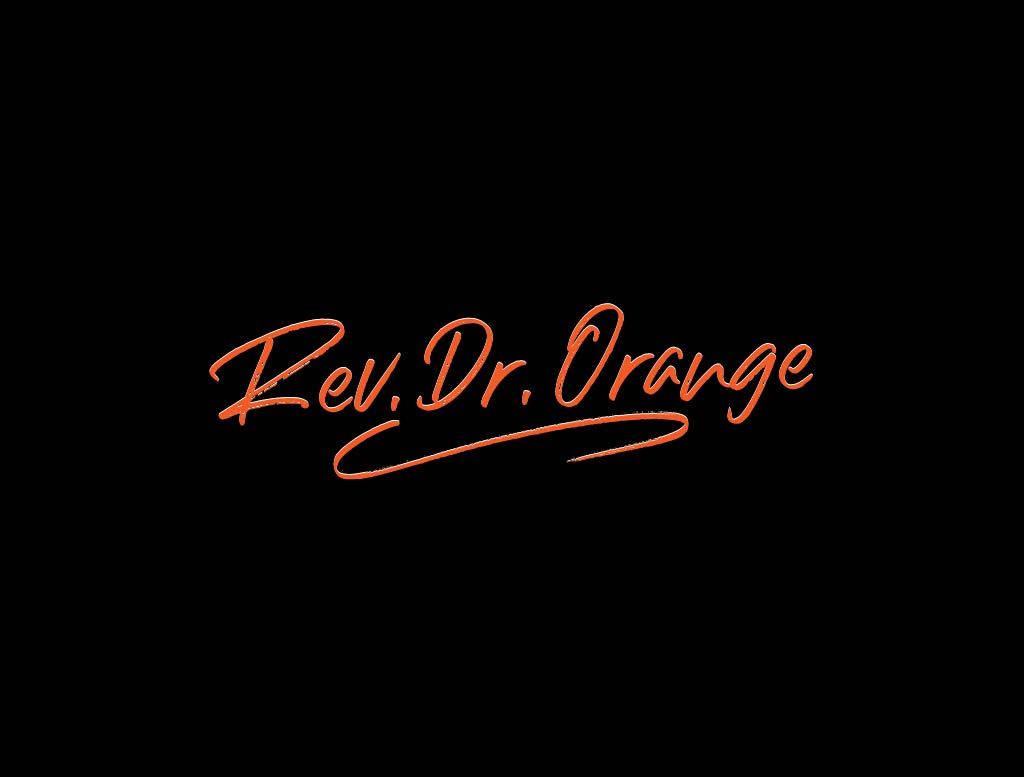A repost of an article I wrote several years ago for the Fuller Dmin Burner Blog…
The Wizard of Oz was one of my favorite movies as a kid and I see its reemergence as something worth noting. Recently I found myself reflecting on three of the characters from the original movie and realized each has something to teach us about leadership. While the scarecrow without the brain, the tin man without the heart and the lion without courage are all endearing characters we find ourselves rooting, hoping for, and valuing in spite of their perceived lacking, they point to some great leadership dangers, especially in the church.
Scarecrow Leadership-leading without a brain:
Leading without a brain is dangerous not only because it is reactive and lacks thought, but also because it is hurtful to those you serve and lead. The scarecrow leader is disorganized, aloof, chaotic and forgetful. The scarecrow leader is always scattered, forgetting names, details, meetings, conversations and other important things. The scarecrow leader may be deeply relational, but they do not always seem present and aware. The Scarecrow leader is gentle and endearing, but also frustrating. The Scarecrow will often tell themselves relationship matters more than details and if people feel loved, nothing else will really matter.
Tin Man Leadership-leading without a heart:
Leading without heart is painful, destructive, demeaning and deeply damaging to everyone who works with the heartless leader. The tin man can be aggressive, demeaning, discouraging and demoralizing. The Tin Man leader needs to be in control and manages well, but is rarely if ever encouraging. The Tin Man leader is characterized by insensitivity and lacks compassion and tact and is often distant. The Tin Man leader may be very professional, effective, organized and outgoing, but they do not always demonstrate care. The Tin Man leader builds systems and teams well and provides great support, but often struggles to offer genuine encouragement to those around them. The Tin Man will often tell his or herself that accountability is most important and people will need to learn to understand that their toughness is love.
Cowardly Lion Leadership-leading without courage:
Leading without courage is deeply destructive to the organization and people the leader serves. Cowardly Lion leadership is reactive, inconsistent, fearful and lacks the trust required for effective leadership and growth. The Cowardly Lion leader is frequently anxious (perhaps internally and/or externally), has a high need for control and planning, and often assumes the worst in the midst of negative information or conflict. The Cowardly Lion leader is gentle and humble, liked by many, but known well by few. They are often effective managers and maintain general ministry health well while struggling to lead significant change. The Cowardly Lion leader will often compensate for their leadership style by telling themselves that they are trying to be pastoral and caring and believe they are helping those they lead by minimizing or eliminating conflict. Due to their own exhaustion from conflict, they assume those they lead cannot or should not face too much conflict, lest they be exhausted too.
If we are honest, we are tempted from time to time to fall into one these categories, perhaps even leading completely out of one of these models. While we cannot avoid errors that could be categorized as lacking thought, heart or courage, we need to take these temptations seriously to avoid becoming a brainless, heartless or cowardly leader to those we are seeking to lead and serve.
